At first glance, it all seems so simple, doesn’t it? “Go and do likewise.” Easy enough. But when a command like “go and do likewise” comes at the end of one of Jesus’ parables, we really ought to suspect it’s going to stretch us a little bit, and today is no exception.
So let’s take a step back and look at today’s first reading to get some background for what’s happening in today’s Gospel. Moses is exhorting the people to keep the commandments of God. But which ones? The Ten Commandments? Perhaps. But the books of Deuteronomy and Leviticus give the fullness of the Jewish law. There you can read over six hundred laws pertaining to everything from hospitality to the treatment of slaves, and then some. I often think the people had to be overwhelmed when they thought about that many laws. They may even have been fearful that they would have accidentally broken one of those laws in the course of daily life. But Moses is telling them that they don’t have to be reaching to find the laws they need to follow. Those laws aren’t remote or mysterious. They don’t have to cross the sea or search the sky. Because the law they need to follow is very near to them: on their lips and in their heart. They have only to carry it out.
This is almost exactly the same thing Jesus is saying in the Gospel today. The scholar of the law who approaches Jesus today isn’t really seeking further knowledge. Rather, he is showing off and testing Jesus to see what he would say. He wants to know what it takes to inherit eternal life. Which is the right question, but for the wrong reason. In other words, he really isn’t concerned about his salvation – he probably thinks that a scholar of the law like him has that all wrapped up anyway – instead he is trying to trap Jesus and make him look foolish.
As Jesus often does, he answers the question with a question: “What is written in the law?” The scholar feels on good, solid, comfortable ground with that question, and responds correctly for a good Jew in that time and place: Love God with everything that you are, and love your neighbor. Loving God and neighbor, as Jesus tells us elsewhere, is the Law and the Prophets all wrapped up in a quick little elevator speech. So Jesus commends him, and says that if he does this he will live. But the man wants to justify himself a little more, and so he asks, “Who is my neighbor?” And this is the ten-thousand-dollar question of the day.
There are a few Greek words that translate to “neighbor” for us. The Greek word for “neighbor” in this particular parable means something a little more than a person living near you. The word for “neighbor” here is something a little higher. This word is almost a verb. It’s not just someone nearby, but instead the dynamic of coming near to another, of approaching and drawing close.
I think we all have an idea in mind when we hear the word “neighbor.” I remember the neighborhood where I grew up, the neighborhood in which my mother continues to live. I had friends who went to school with me, and even to our Church. When we were growing up, we would spend hot summer nights together outside, playing “kick the can” and other kids’ games. Later, we attended our youth group together. Our parents kept an eye not just on their own kids, but on all the kids in the neighborhood. When my sister was little, she used to like to climb trees, and as soon as she did, the neighbor would call to let my mother know so she wouldn’t fall out of the tree and break her neck, which thankfully never happened. When someone had an illness or death in the family, there would be food brought to the house. If there was work to be done, someone would always lend a hand. We were neighbors to each other.
But again, as nice as this picture of “neighbor” is, Jesus is calling us to go deeper. He is asking us to step outside ourselves, and to see a person in need and respond, no matter where that person is, no matter his or her race, color or creed. This is a real challenge in every time and place. The person in need is always our neighbor. Listen to that statement again, because it’s crucial to what we’re hearing today and I don’t want you to leave this holy place without coming to understand it: the person in need is always, always, always our neighbor.
Before we come down too hard on the priest and the Levite in the story, let’s give them a bit of a break. In telling the story, Jesus doesn’t condemn the priest and the Levite. They were doing what people in their position would probably do, because they had to be concerned about remaining ritually pure so that they could lead worship. But Jesus says to them that they cannot be so concerned about the finer points of the law that they miss responding to the needs of a neighbor among them.
And we have to hear that too. Because we too can get so caught up in our own laws that we end up as self-righteous as that scholar of the law. We may claim to respect life if we have never been involved in an abortion. And that’s a great start, but respecting life also demands that we care for the poor and needy, that we care for the health of every person, that we honor our elderly brothers and sisters, and that we repent of our racism and refuse to honor stereotypes that are an affront to human dignity. We may claim to honor the sixth commandment if we have never committed adultery. But honoring that commandment also means that we live pure lives and strive always to purify our hearts. It means we don’t take part in off-color jokes and that we refrain from watching television or movies, or visiting internet sites that lead us down the wrong path. We may claim to be thankful for our daily bread when we say grace before meals. But being thankful for our blessings means also that we share them with those who are hungry. Because Jesus is leading us to a deeper reality today, we can no longer get caught up in the self-righteousness that the scholar of the law brings to his encounter with Jesus.
The person in need is always our neighbor. We don’t need to search far and wide to figure out what to do for that person. We have only to see the generous and self-giving response of the Samaritan in today’s Gospel and, as Jesus commands us, to “go and do likewise.” The Law and the Prophets are as near to us as that.
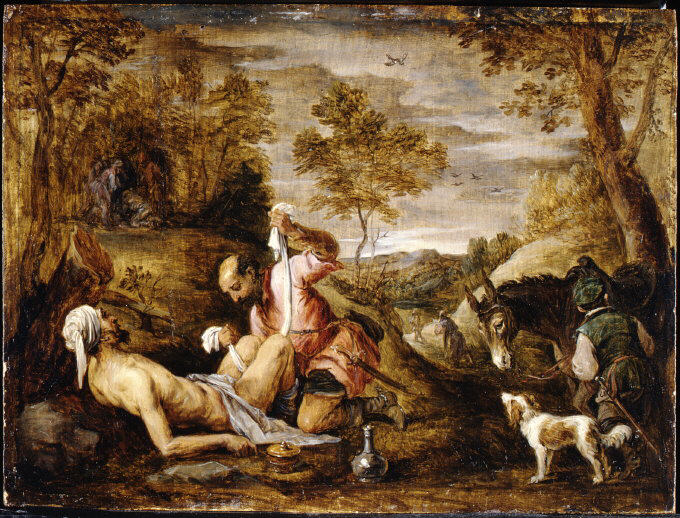

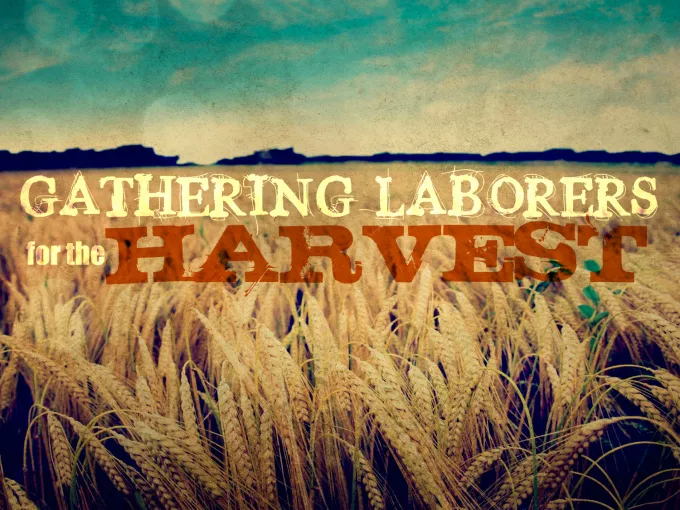
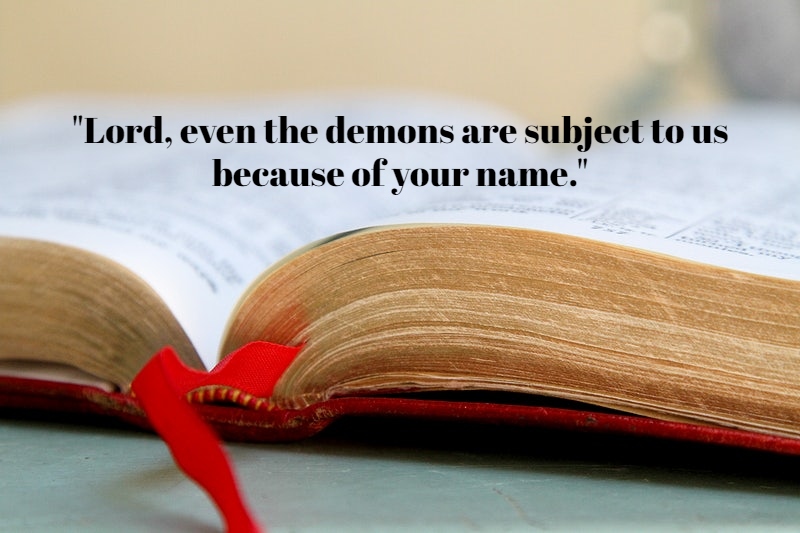
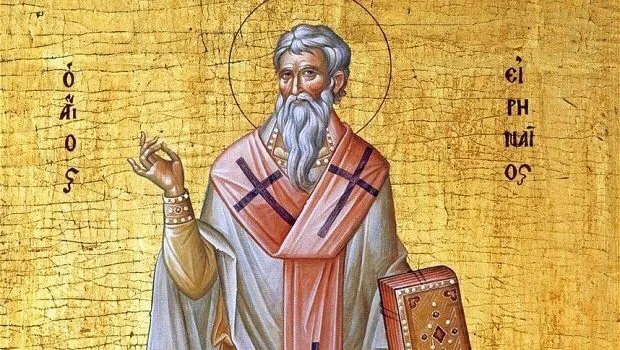



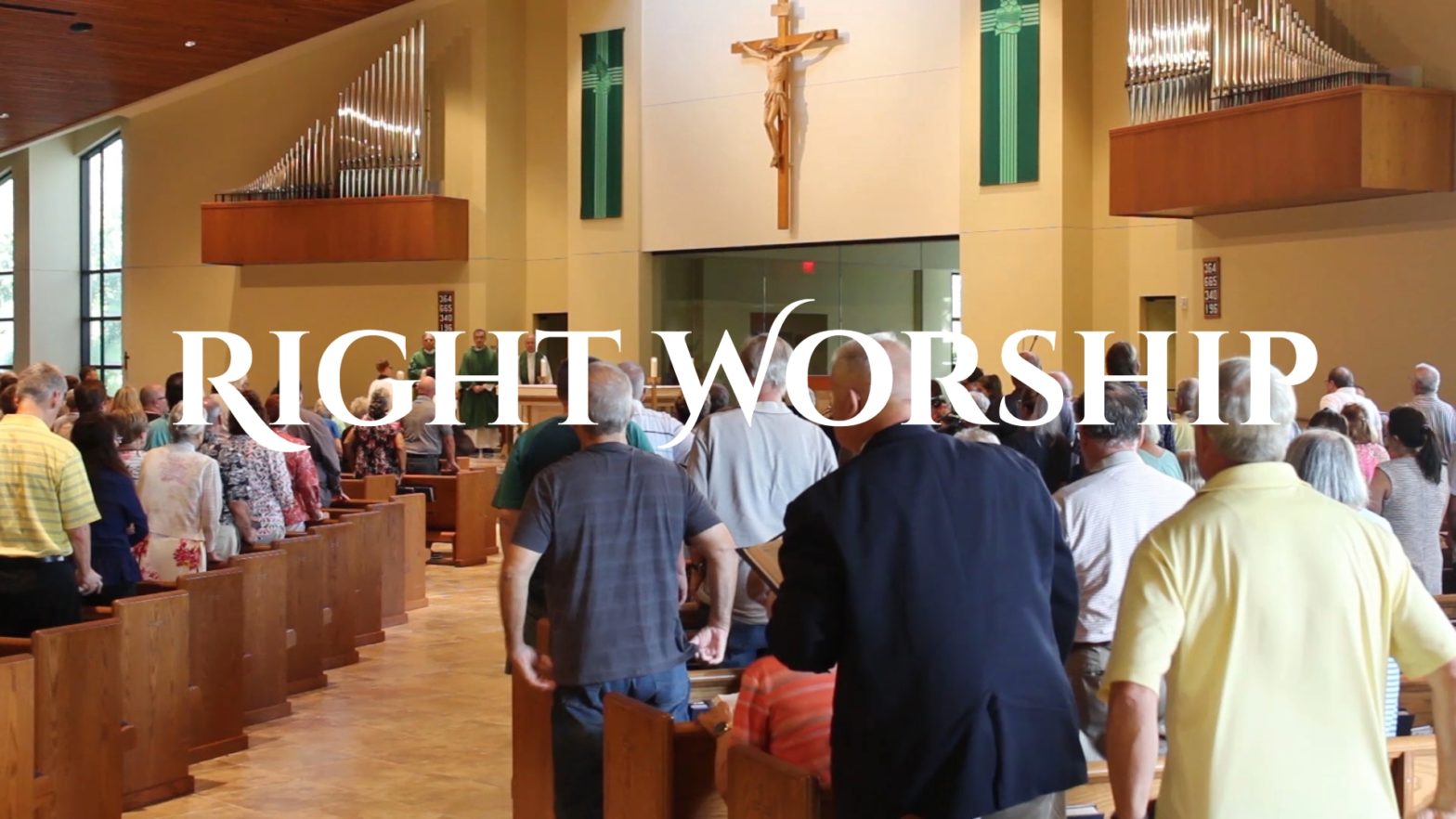
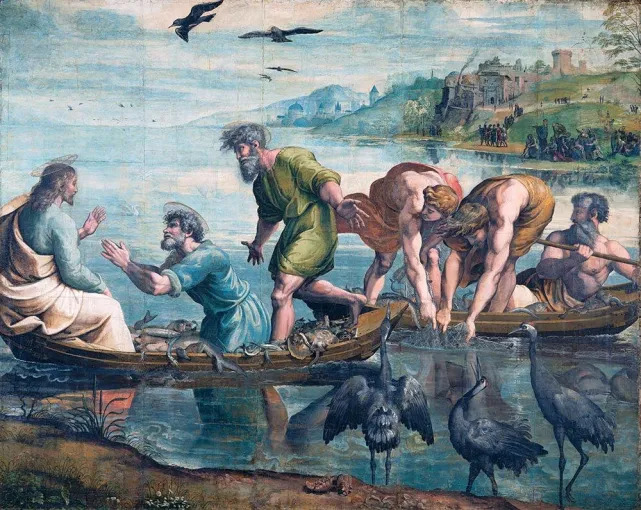
You must be logged in to post a comment.